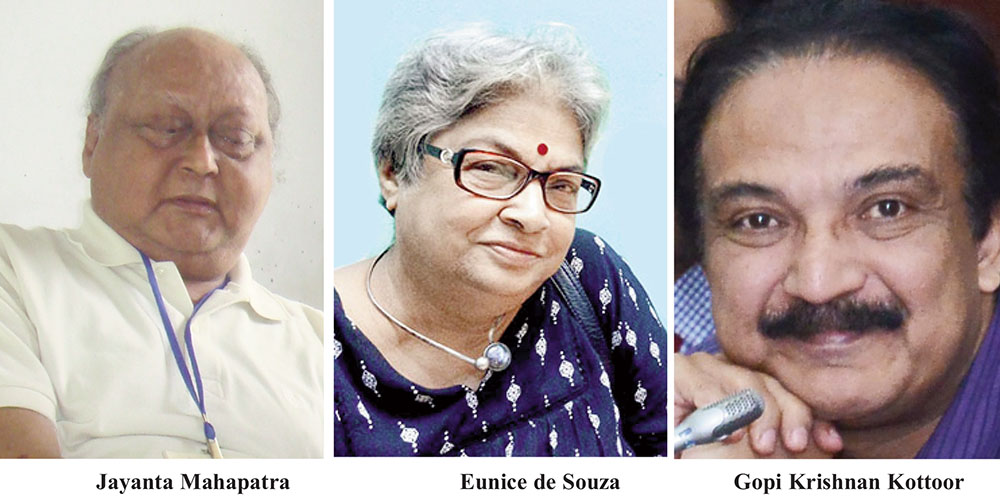 India celebrated the 75th anniversary of its Republic Day last week. It is a nation with an old and powerful literary tradition, and can count centuries of scribal and oral output in several languages from the classic Sanskrit to Urdu and Hindi. Its literature has ancient Vedic roots that are deeply spiritual with a range of regional and cultural connections. Indian poetry in English dates back to the nineteenth century and poetess Toru Dutt (1856 – 1877). The development of Indian literature in English through colonialism and after, contributed significantly to such modern movements as post-colonialism.
India celebrated the 75th anniversary of its Republic Day last week. It is a nation with an old and powerful literary tradition, and can count centuries of scribal and oral output in several languages from the classic Sanskrit to Urdu and Hindi. Its literature has ancient Vedic roots that are deeply spiritual with a range of regional and cultural connections. Indian poetry in English dates back to the nineteenth century and poetess Toru Dutt (1856 – 1877). The development of Indian literature in English through colonialism and after, contributed significantly to such modern movements as post-colonialism.
Internationally, poet Rabindranath Tagore (1861 – 1941) is celebrated as the greatest representative of Indian literature, and in 1913 was the first non-European to win the Nobel Prize for it. Indian poetry began to make its mark from then, and gradually became a force until the rise of such contemporary giants as novelist Salman Rushdie. Indian writers and critics (like Homi Bhabha and Gayatri Spivak) were central to the rise of post-colonial literature in the twentieth century.

